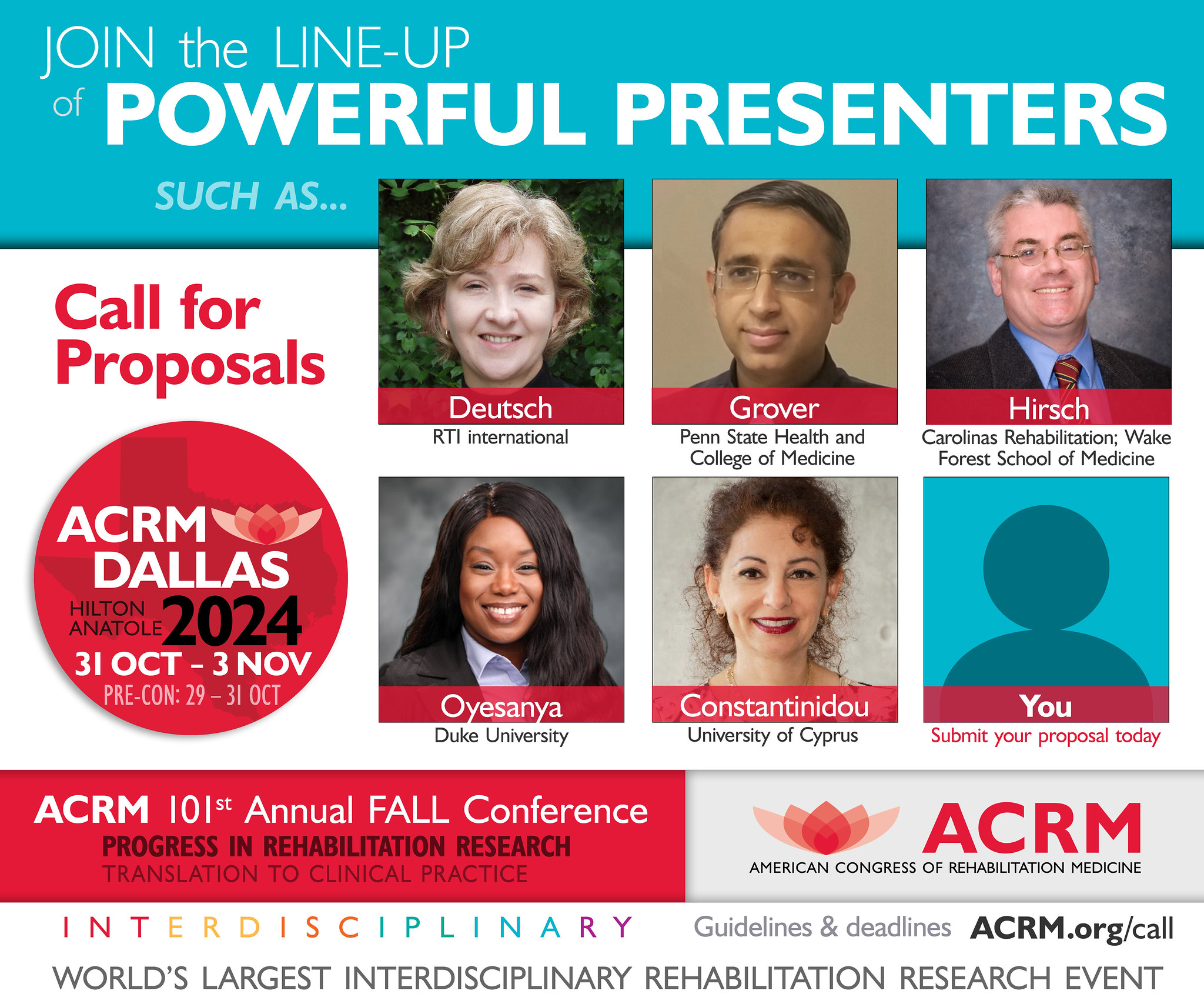
By Jennifer Weaver, MA, OTR/L
It’s a rollercoaster ride. Some weeks are great and the to-do list is manageable, other weeks putting pen to paper is another debacle. Doctoral programs require significant time, motivation, and sustained effort. Whether you are in an online, blended, or traditional program it is essential to prepare yourself to navigate challenges and develop strategies to maintain your well-being.
As a doctoral student in a low-residency program, I have found the challenges to be like individuals in a traditional program. The difference is mainly in how we experience the challenges.
Navigating Challenges
- Overcoming self-doubt – You made it in to your program so it is important to remember this and not compare yourself to others. This is easier said than done. You may read work from other students and wonder why you did not think of that perspective. Remember your perspective is just as unique to others in the program.
As a student in a low-residency program, when we are not learning together in a classroom, we discuss topics using online forums. This allows you to read a well-written response and second guess your own ability. This has been described by some as ‘impostor syndrome’ and feeling fake. According to Dr. Rippey, this feeling is widespread. Reach out to a friend or start making a list of all your accomplishments (Hsia, Moreira-Lucas, Christoph, & Lesser, 2018)
- Gaining wide exposure – One individual felt it was important to be exposed to various aspects of research, while also carving out a narrower path for the dissertation. It may require some self-reflection to determine what aligns with your interests and your passion.
As the only Occupational Therapist in my doctoral cohort, it was imperative for me to clearly convey the rehabilitation landscape from this perspective. In an interdisciplinary program, I was exposed to new ideas and concepts that had me exploring beyond the reading list. I was exposed to a breadth of complex problems in healthcare, and heard how people from different disciplines and training understood the problem. I needed time to reflect on how this new knowledge might align with my research. This time was critical for me to synthesize the material and identify what I needed to know.
- The extras – Navigating service opportunities and ‘extra’ opportunities that arise throughout your program are important. Gain advice from your mentors and experienced researchers to know which ‘extras’ might be beneficial for you and your line of inquiry.
As I entered my doctoral journey as an occupational therapist, my goal was to transition into a translational researcher. This meant I needed to talk to other stakeholders in the field. I needed to know more about an array of rehabilitation perspectives and how they relate to brain injury and measurement. I was fortunate to receive advice early on to join ACRM as they had communities to support both of my interests. It is important to know how these ‘extras’ could relate to networking opportunities and future career success.
Navigating the challenges can lead to creating some intermediate and long-term goals. But, the day to day is still a beast. Some of the strategies below have worked for me, while others I am still perfecting.
Strategies for the Day-To-Day
- To Do Lists – However you do this, find a method that works for you! Create a detailed list with deadlines clearly marked. I used to love the good old fashioned, hand-written planner. However, with full time work and school, I knew I needed the information available at a moment’s notice. I switched from a planner to my smartphone’s calendar that also synced with Google.
- Research can take time – Develop realistic expectations and recognize even those may change. I went from a world of clinical ‘productivity’ to a position that wanted me to use my time to read the literature, think creatively, and write. As a therapist, time for these activities sounds luxurious. A well-designed study requires time and creating realistic professional development goals became more challenging. I had to be flexible because recruitment might take longer, the analysis might present extra complexities, and the list can go on but they all represent learning opportunities.
- Every week the tasks and needs may be different – Your priorities will shift day to day, month to month, and this is okay. Work, life, balance may seem challenging to achieve but different areas may be prioritized at different times.
As a new doctoral student, I felt inundated with things to do. My personal time quickly went towards school, work, and school. I am still learning how to adapt, but recognize ‘work, life, balance’ might occur over the month but not necessarily for each day. To create some time for myself, I quickly learned I needed to prioritize my running as a morning activity because I was less successful if it was scheduled for the afternoon.
- Self-Care – Daily affirmations. Take the time to exercise (bring your reading to the gym). Get outside. Try a meditation app.
My self-care is a short run outside. I was impressed to learn some of my colleagues bring their reading to the gym and others create time to meditate during lunch. Find something you enjoy and embrace the Nike motto, ‘Just Do It.’
Wherever you are in your doctoral journey, identify your challenges and strategize solutions. The strategies may change over time as you progress through your career. When you feel like you are just barely making it through, reach out to a friend and generate strategies.
Keep Calm and PhD On!
Reference
Hsiao PY, Moreira-Lucas TS, Christoph MJ, & Lesser M NR. (2018). Thriving, Not Just Surviving: Skills Essential to Leveraging Your Scientific Career. Advances in Nutrition, 9 (2): 165-170.








